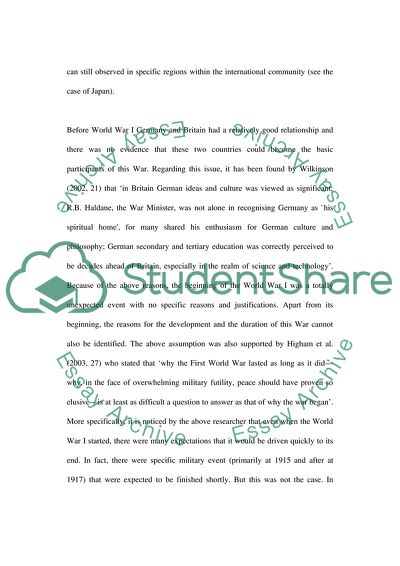Cite this document
(Historians' Interpretation of the German Role in Starting World War I Essay, n.d.)
Historians' Interpretation of the German Role in Starting World War I Essay. https://studentshare.org/history/1710651-how-have-historians-interpreted-the-german-role-in-starting-world-war-1
Historians' Interpretation of the German Role in Starting World War I Essay. https://studentshare.org/history/1710651-how-have-historians-interpreted-the-german-role-in-starting-world-war-1
(Historians' Interpretation of the German Role in Starting World War I Essay)
Historians' Interpretation of the German Role in Starting World War I Essay. https://studentshare.org/history/1710651-how-have-historians-interpreted-the-german-role-in-starting-world-war-1.
Historians' Interpretation of the German Role in Starting World War I Essay. https://studentshare.org/history/1710651-how-have-historians-interpreted-the-german-role-in-starting-world-war-1.
“Historians' Interpretation of the German Role in Starting World War I Essay”. https://studentshare.org/history/1710651-how-have-historians-interpreted-the-german-role-in-starting-world-war-1.


